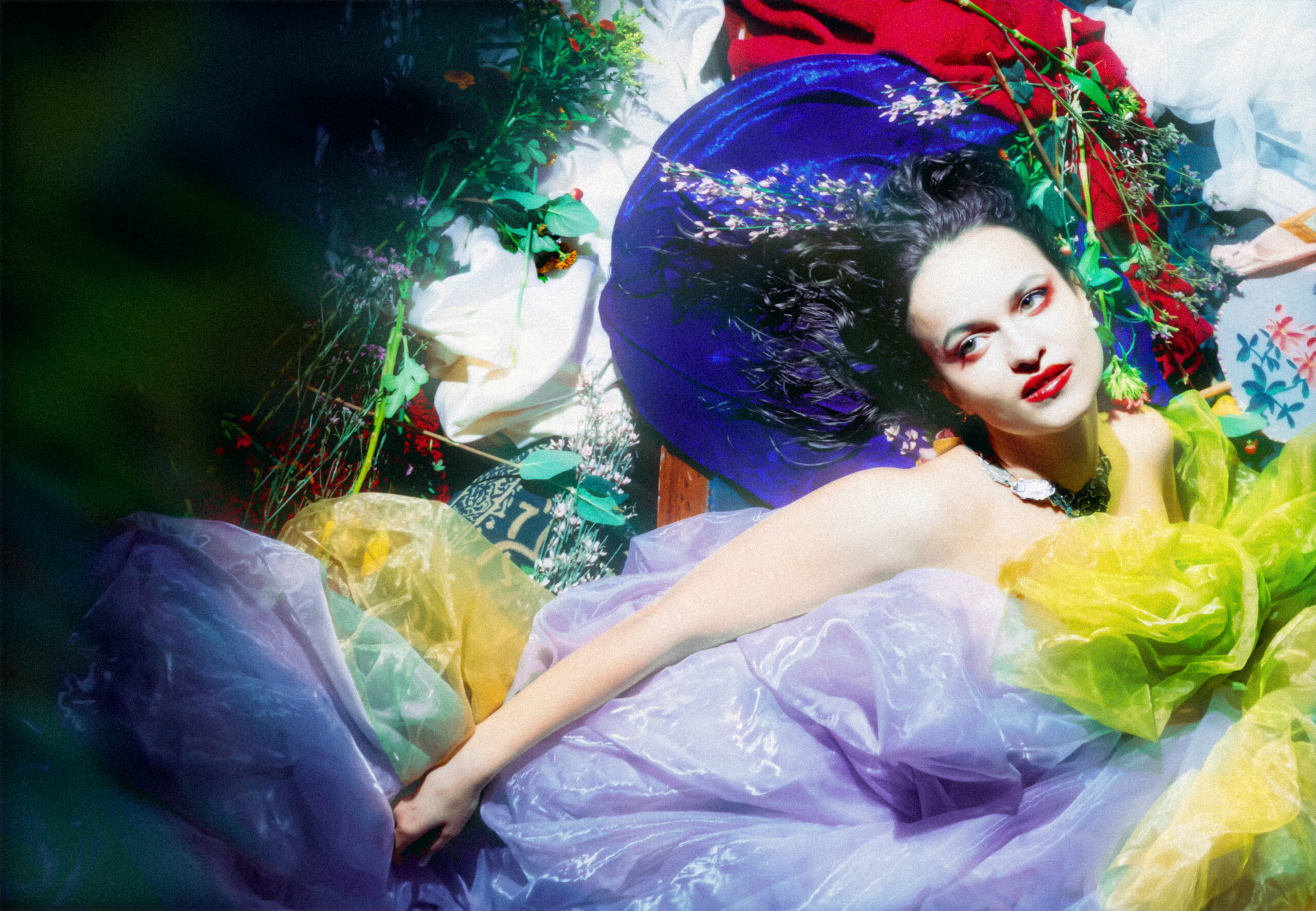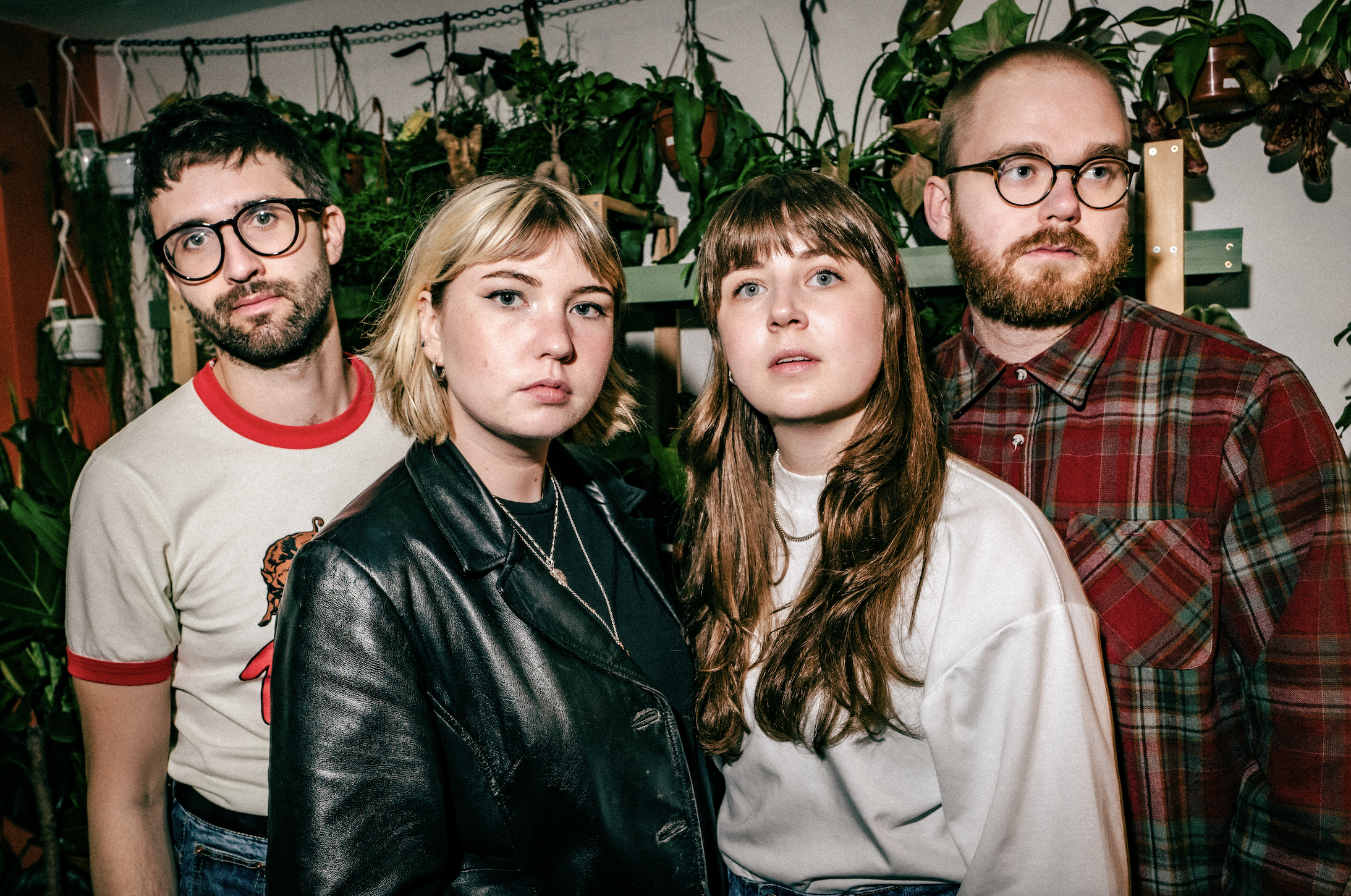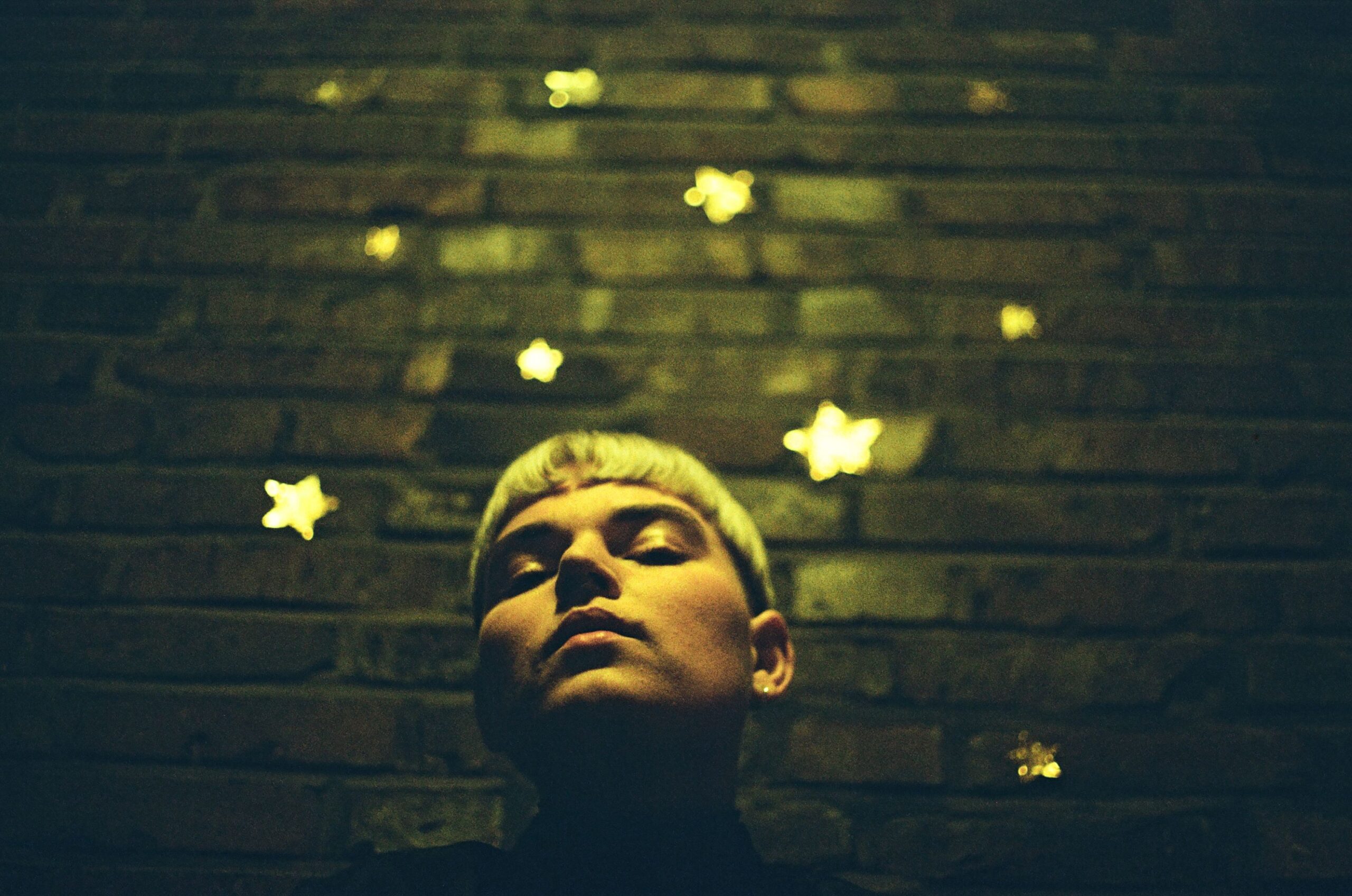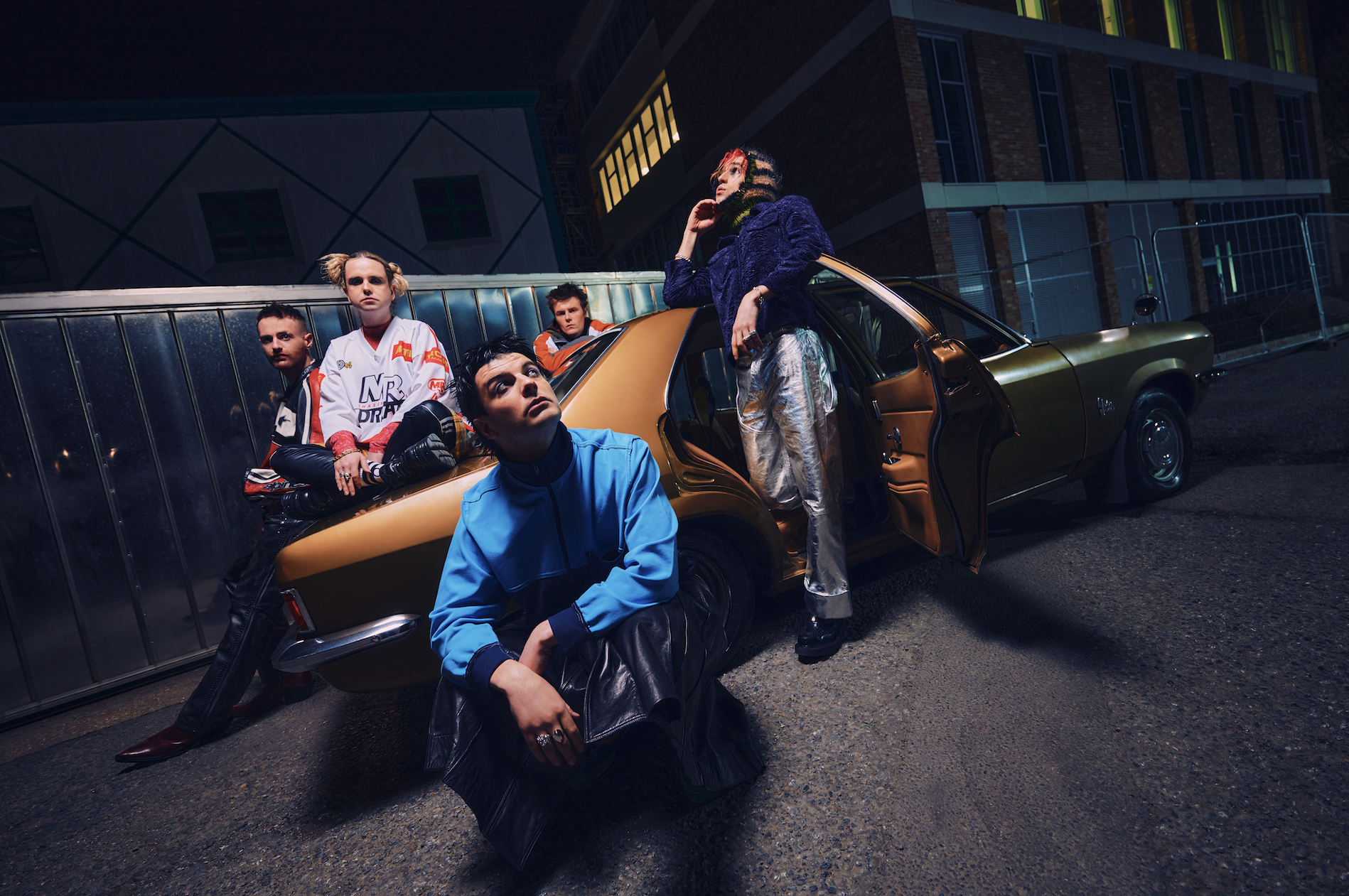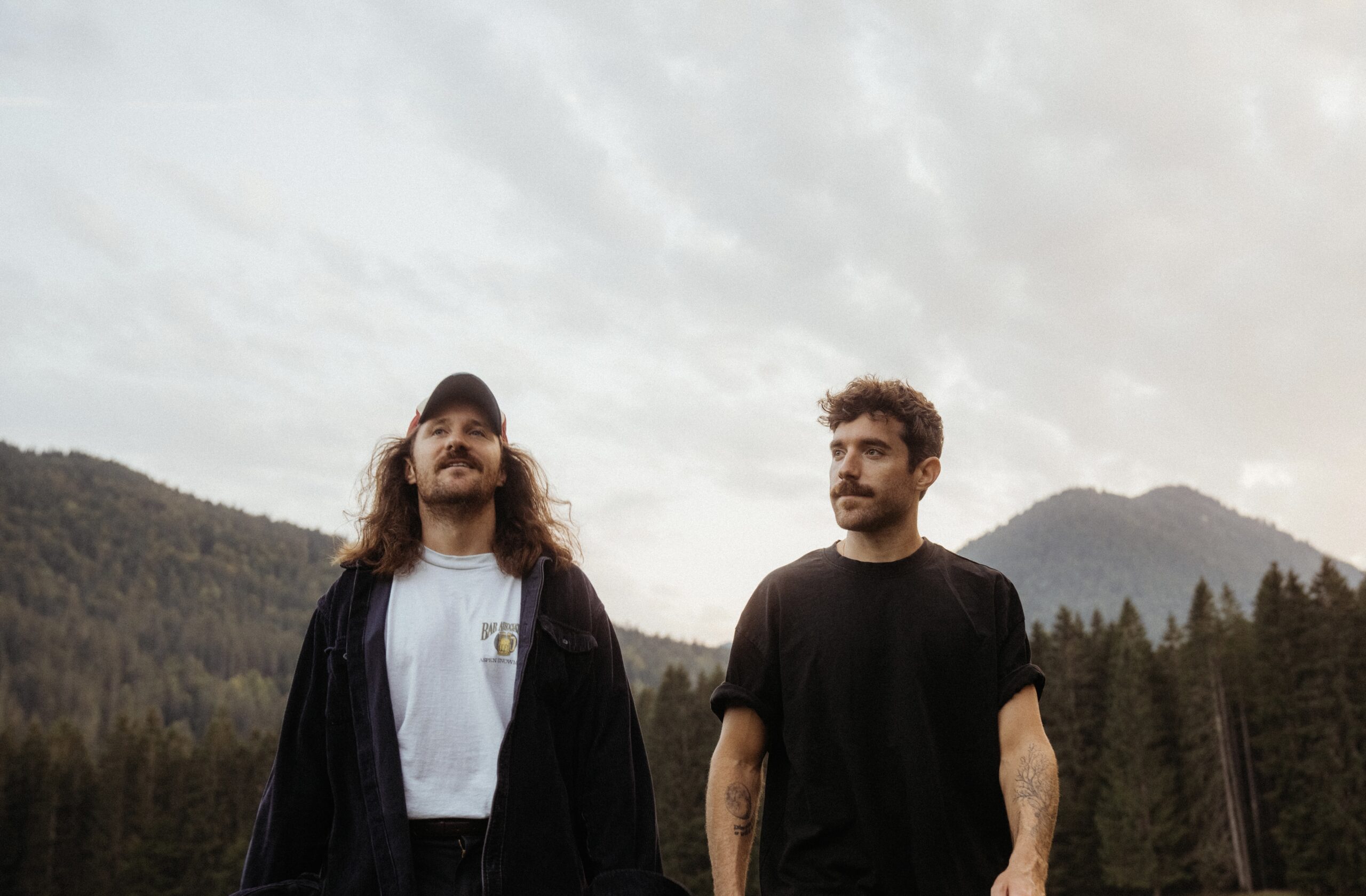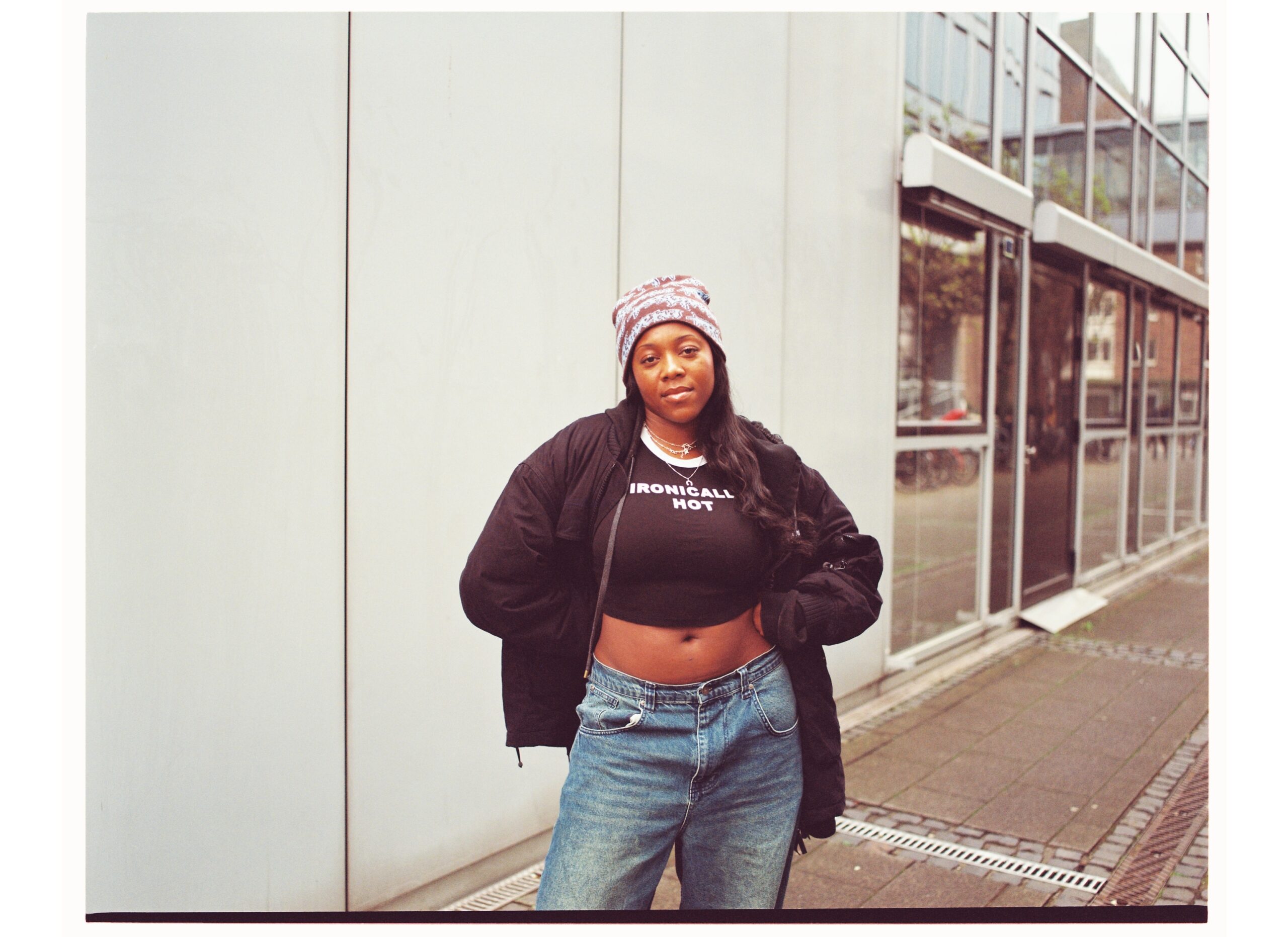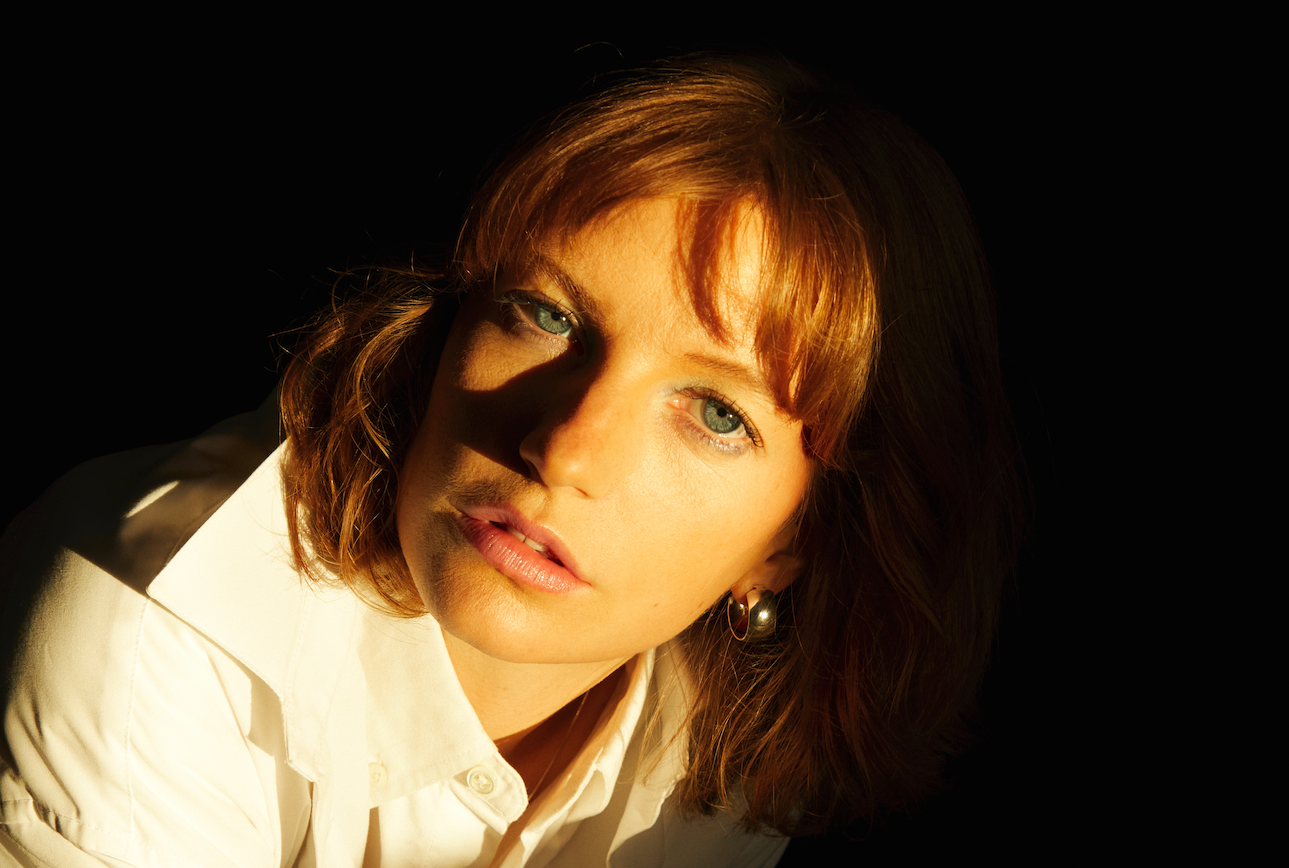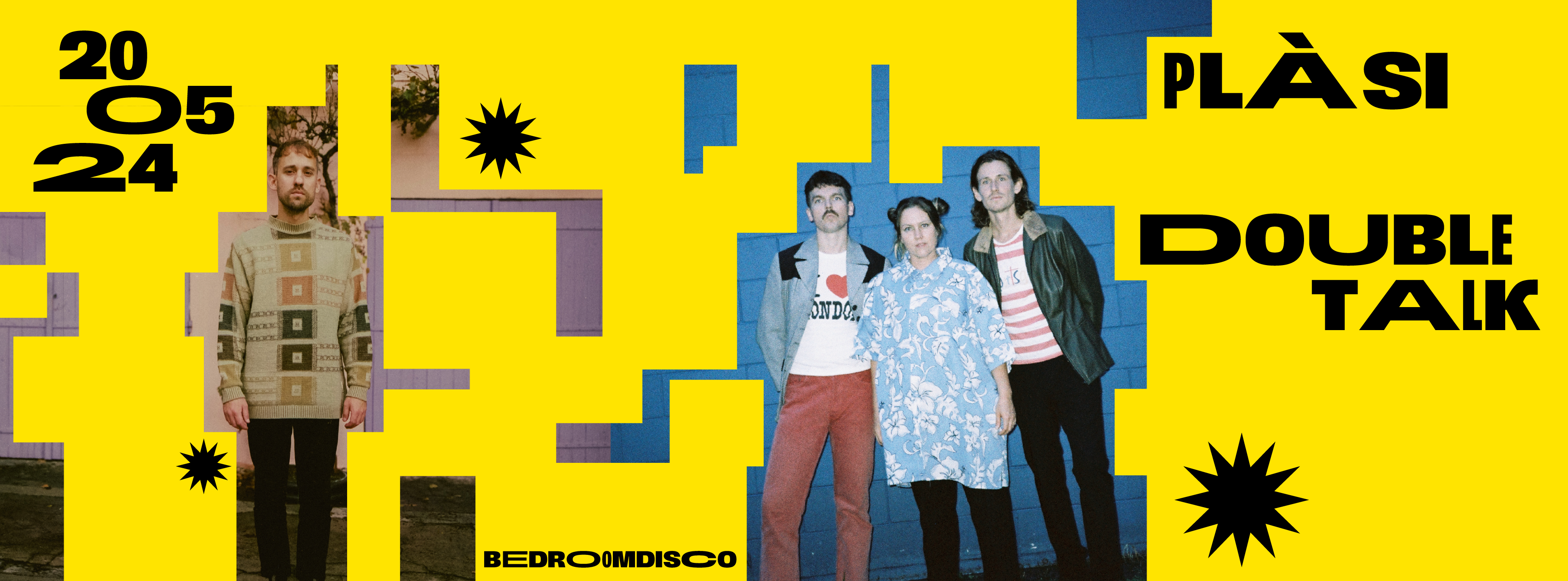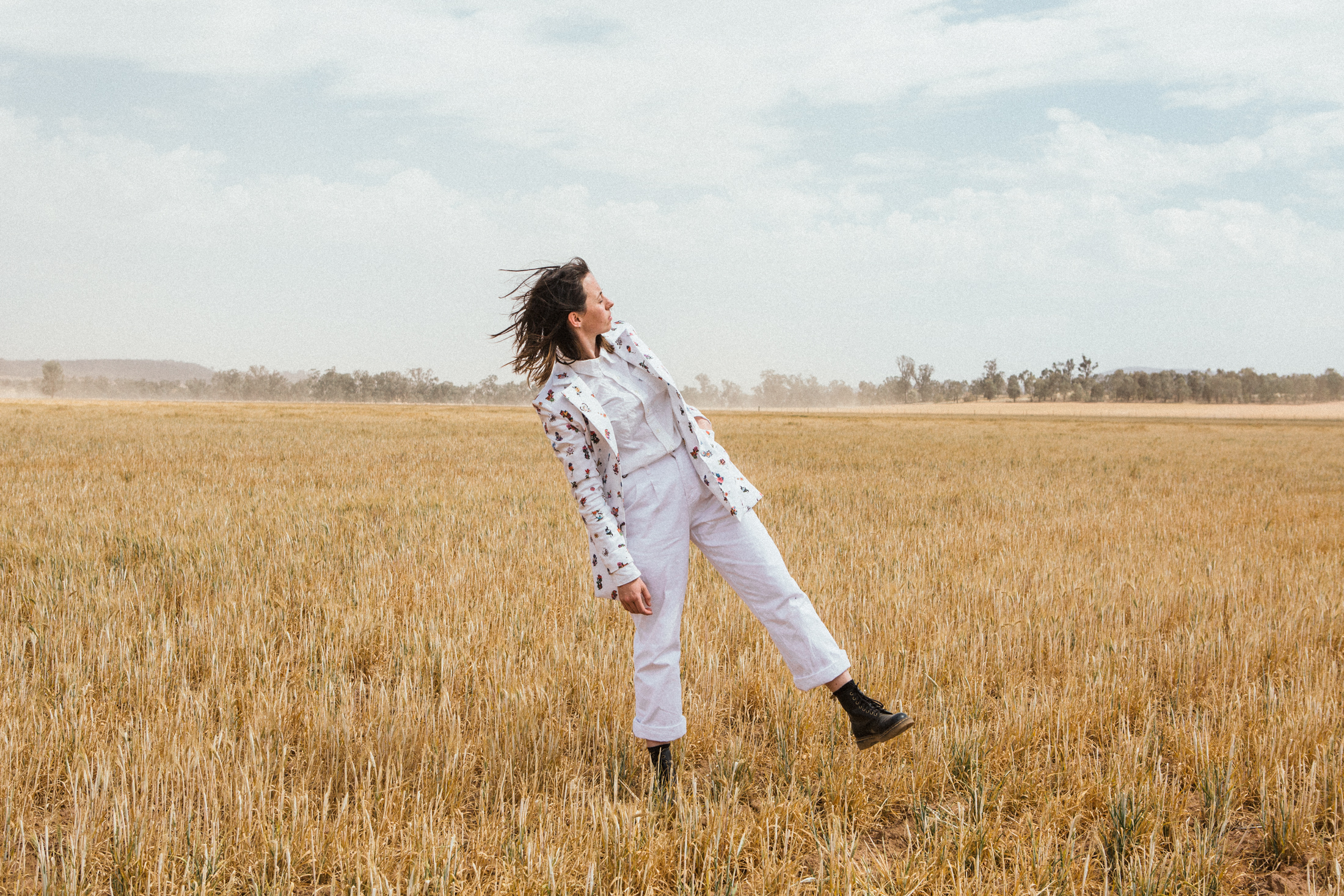Foto-Credits © Jess Gleeson
Am 19. Juni erscheint mit Our Two Skins das zweite Album der besser unter ihrem Spitznamen Gordi bekannten australischen Musikerin Sophie Payten via Jagjaguwar. Das Schreiben des Albums begann mit einem Nervenzusammenbruch, den Gordi während eines Fluges von Australien nach Europa Ende 2017 erlitt. Die Isolation und Leere, die Peyton in dieser Zeit empfand, kann man auf dem Nachfolger ihres 2017 veröffentlichten Debüts Reservoir nachhören. Our Two Skins ist ein überaus persönliches Album geworden. Es berichtet über die intensive Zeit, die Payten damit verbracht hat, neu zu verhandeln, wer sie ist und wie sie in die jetzige Welt passt. Die Abgeschiedenheit von Canowindra, der kleinen Stadt, in der Payten seit über einem Jahrhundert mit ihrer Familie lebt, erwies sich als genau der richtige Ort dafür. Sie rief ihre Freunde Chris Messina (Bon Iver, Big Red Machine) und Zach Hanson (Bon Iver, Hand Habits, Waxahatchee) an, die sie bei der Umsetzung ihrer musikalischen Vision unterstützten. Das extra aus Wisconsin eingeflogene Produzentenduo richtete sich für einen Monat in einem alten Cottage auf dem Payten-Grundstück ein Studio ein und gab sich ohne Telefonempfang oder Wi-Fi ganz der Selbstisolation hin.
Wir haben Ende April mit Sophie telefoniert. Im Interview spricht sie über die schwierige Zeit, in der sie ständig auf Reisen damit umgehen musste, dass sich alles in ihrem Leben änderte und sie sich selbst nicht so gut zu kennen scheint wie gedacht. Sie erzählt, wie es war, im Schatten des ersten Albumreleases die eigene Identität neu zu verhandeln. Außerdem sprechen wir über den minimalistischen, familiären und intimen Aufnahmeprozess des zweiten Albums und eine intensive Zeit mit ihrer Familie. Sie berichtet darüber, wie schwierig und auch beängstigend es sein kann, sein Innerstes einem großen Publikum zu präsentieren und warum queere Sichtbarkeit dabei eine wichtige Rolle für sie spielt. Am Ende erzählt sie die Geschichte, wie ihre gesamte Familie am Sterbebett der Großmutter Sandwiches aß und wie daraus der letzte Song des Albums wurde.
How are you doing in these strange times?
They are really strange times. I’m doing okay, I’m currently in Melbourne. I was in Europe and the UK in February and March and wasn’t supposed to come back to Australia until April. I bought a plane ticket home much earlier and basically hold up in Melbourne – writing music, doing live streams.
I read that you started working as a doctor again.
I have put my name on the national registry of medical professionals, so I will be one of the people that are called, when it eventuates. But I haven’t jumped back into the emergency department yet, I just made myself available.
Next month you were meant to be touring with Of Monsters and Men, how does that feel now?
It’s a bit depressing, I love performing and I love touring. It’s one of the main reasons I do this. I was looking forward to being with Of Monsters and Men. I know they’re looking into re-booking it at some point, but it’s so hard to know, when that’s going to be possible. But like everybody, I’m trying to take a bit of time and work on more creative ways to reach the audience. Livestreaming is a big part, we did a livestream the other day with Nanna from Of Monsters and Men and a few other artists like Ásgeir, Julien Baker, and Shura. They all came on board and we did a mini festival. It opens lots of new ways for things I’ve never done before, which is cool.
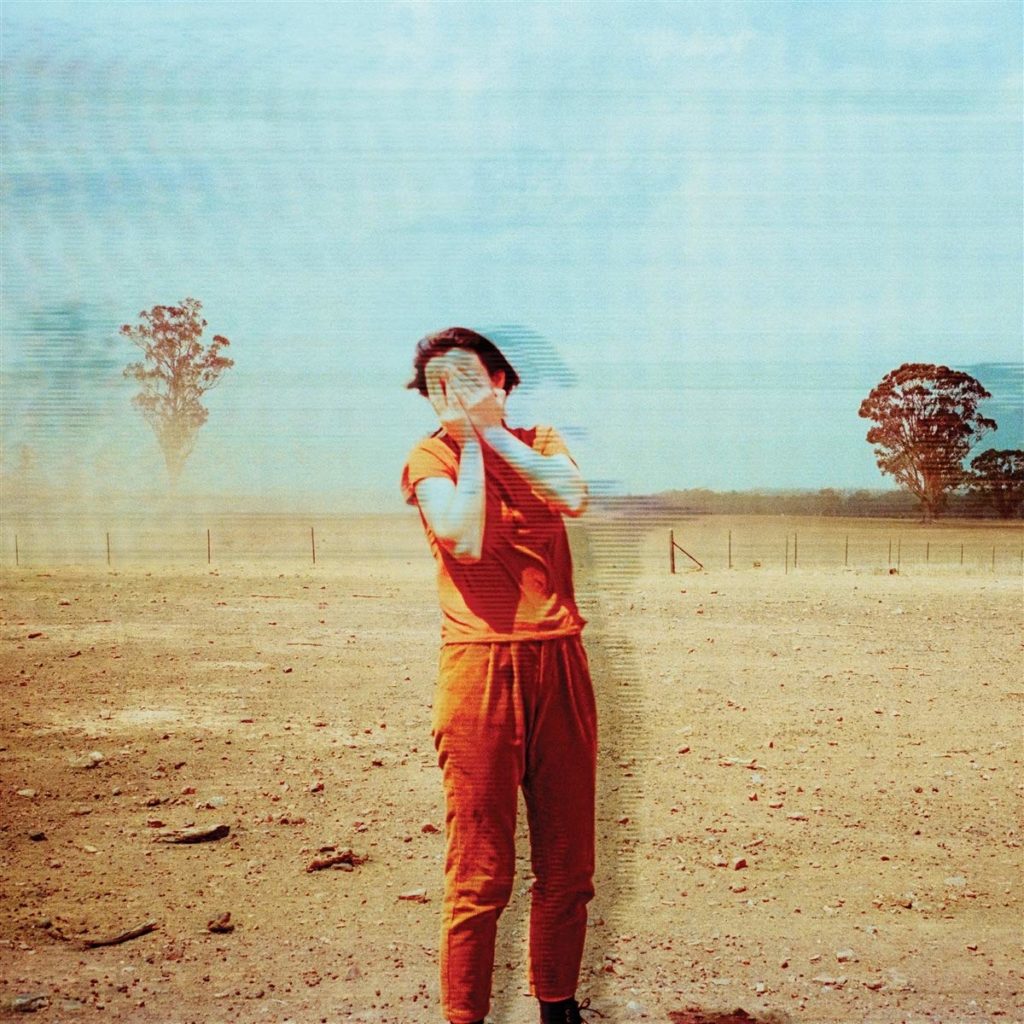
Your second album Our Two Skins is going to be released in June. How do you feel about the release date during this time with artists postponing or moving up release dates?
I hope it comes out when we said it’s going to come out. We had a bit of an issue with the vinyl production under the given circumstances. But other than accommodating for things like that, I think that many artists will still put out records. For massive artists, it might be worthwhile to push it back, because they might see reduced purchases or something like that. For someone at my level, it’s that people are going to hear it, one way or another. It’s going to be anticipated as kind of a slow-burn record. Streaming these days means that everybody can listen to it in the comfort of their own homes anyway. The thing I feel strange about is that there won’t be a tour around it. That’s probably something that I think is a big deal as the person not doing it. When I think of some of my favorite artists, who put records out, it’s not that I’m looking on their website thinking, “Where are they touring?”. It will probably draw out the whole album campaign, which is thinking of creative ways to get it into people’s ears without being right in front of them.
The whole record emerged from a position of change. In Aeroplane Bathroom you describe a life-changing moment of realization, which has also been the start of the work on Our Two Skins. What happened?
A lot! It was at the end of 2017; my album came out and two weeks later I had all my medical school exams. I’ve been on tour in America and I was touring Australia that month. I was working on maximum capacity. I was also in a long-term relationship that was coming to its natural end. There was this person that I’ve known for quite a while, I had dinner with her and in the midst of all this stuff I was sitting across the table from her and the short version is that we fell in love very quickly and very dramatically. It was a real turning point in my life. I came out of a relationship with a man after a couple of years, I was 25, so it was a strange thing to be re-evaluating my identity. It was against the backdrop of Australia debating the same-sex marriage vote. Altogether, it was this big wall of adrenaline and confusion. It went on for a few weeks and I had a flight to Europe to go on tour for three months. In everyday life you can often run away from your thoughts, but on a long-haul flight – especially from Australia, where everything is far away – there is no way to escape. That’s when I thought about writing this record about this amazing period of touring the world, which I’ve never done before, and coming to terms with this new side of my identity. I’m a very reflective person, I know myself very well. And that’s one thing I struggled with most that I sat on that plane and thought, “Holy shit, I didn’t know much about me at all”. That was quite an uncomfortable feeling. I had a massive nervous breakdown on the plane, and I went to the bathroom to literally get my shit together. I went back to my seat and I scribbled all these words. That was the beginning of the record.
It’s an interesting process to feel isolated, even from yourself, and at the same wanting to communicate this to people through music, which is very public. How does that go together?
If I’m perfectly honest, that’s something I feel pretty anxious about. I’m a very private person. When it was initially happening, I thought about the songs as being private to me and when I put things into my songs, I think no one will pick it up, although it’s blatantly obvious. I’m still working out what parts of that story I take for myself and what parts I need to share for the whole thing to make sense. One thing I keep coming back to are the 12-, 13-, 14-year-old queer kids or kids that don’t know how they feel. I think if I were that age, I would have wanted to hear a story like this. That you can be however old and come to terms with this massive new part of your identity and be okay as long as you stay true to the core parts of who you are. That there are people who accept you, no matter what. Queer stories are becoming more and more visible, but for a long time they haven’t been. Younger kids don’t have a lot of role models. This record is not about that, it’s not about gay rights, but the core of it is just acceptance and accepting yourself. Showing yourself to others, risking that they might not accept you, but hoping that they will. Being vulnerable and brave.
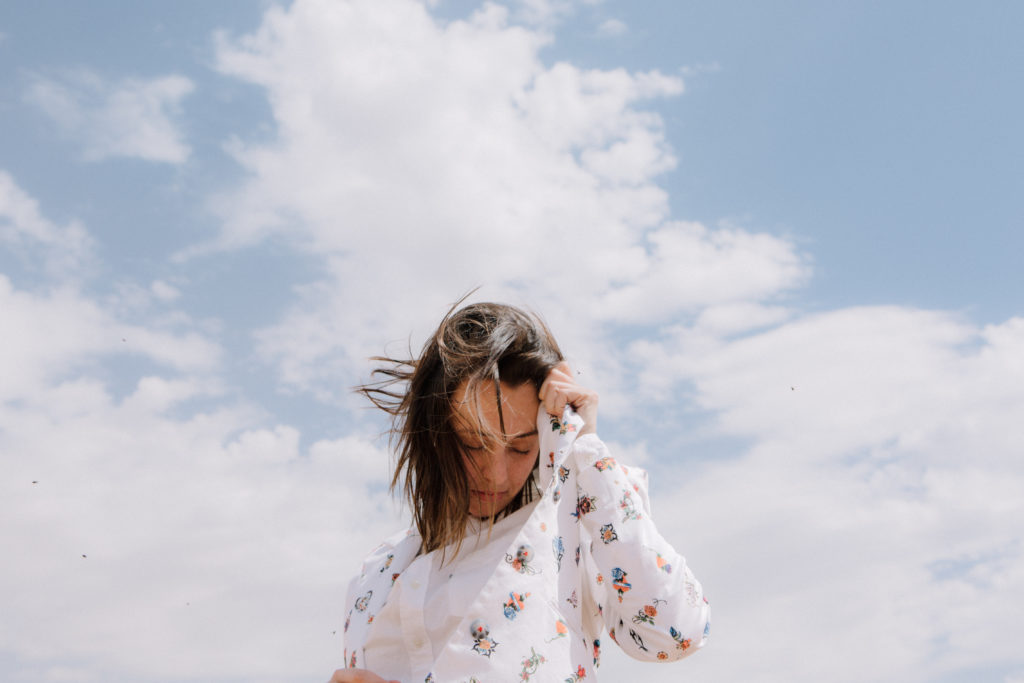
How does that reflect in your music sonically?
I’ve always tried to push the boundaries of what a genre is and be brave with choices. That might not make it easy listening, but I think that small choices reflect that message. And also, the whole way that I made the record. I went back where I come from, Canowindra, which is a very small town four hours west of Sidney. About 2.000 people live there. We made the record in a cottage on a farm, where my parents live. Bringing this big story back there and making it surrounded by my family. The people, I chose to make the record with, Chris Messina and Zach Hanson, make brave sonic choices all the time. It’s part of what they do. They found an old stereo in the shearing shed, which had a big wasp nest inside. They cleared that out and re-amped some of the sound through that stereo and recorded it. It’s weird and wonderful choices like that I think are very brave and I that’s why I wanted to work with them.
How can we imagine your isolated everyday work during the recording?
It was like summer camp. It was Chris, and Zach, and I, my mum and dad, and my sister with her little boy. Chris, and Zach, and I would go the studio for 12 to 14 hours a day and at night we would all sit down at my parents’ place and have dinner together. Sometimes, mum would bring us lunch and beers and all the things we needed to keep going. That was the most special part about the whole process – this connection. It was over Easter and, weirdly, my university graduation fell in this time by coincidence. We had to take a day off recording, and I had to go and graduate. They were there for those lovely moments. I was speaking to Chris the other day and he said he is still chasing that feeling we had. It was very special.
You worked with a strict restriction of technical equipment, what was the productive impact of this minimalism?
For the last record, we had access to everything – there was a string quartette, there were horns. Sometimes I find having too much choice quite paralyzing. I’m often more creative when I don’t have everything at my disposal. That was a big part of why I wanted to make the record in Canowindra. Chris, Zach, and I made a spreadsheet and we had a column where we could put our favorite pieces of gear or instruments. We had a very final list of stuff and there was no access to anything else. It helped to execute what I wanted out of the record. Which was a simple precise sound. It made us much more careful with our choices.
The themes of the record are very personal and subjective matters. How did you manage to share that vision with Chris and Zach and form a creative union based on your experiences and your identity?
It helped that Chris and Zach are friends of mine from before. I felt that to a degree they knew me already. Going that extra mile and sharing a lot more personal information didn’t seem like such a leap. Being a young woman in the music industry, you often walk into a studio and there’s some older guy telling you he’s the boss, that he knows what he’s doing. But they were always like, “This is your record, we want to make it with you”. And them trusting me in that way, helped me to trust them with this story and they were really sensitive to it. I think it meant a lot to them to know those ins and outs and to make it where I came from and where I grew up.

Talking about family: Your single Sandwiches is a song about your late grandmother — can you tell us more about it?
It’s the last song I wrote for the record. I had the songs and we were going to make the record in April 2019. My grandma has passed away at the end of 2018 and when I grew up on the farm, she lived 100 meters from me. She was 95 and she has lived there most of her adult life. In 2017 and 2018 I was always touring. I came home towards the end of 2018 for six weeks, which was unusual. They turned out to be the last six weeks of her life. I was working in my old summer job in a nursery and I would go and see her by the afternoon. During that time, she became unwell and got into the hospital, which is very small. The day she passed away, we were all crowded around her. My dad has six siblings, they were all there with their partners. I was there with my mum and we realized that no one had really eaten. We went up the street and got some basic things. At the hospital, outside her room, we were making sandwich after sandwich and passing them around to everybody. It was the first point in the day where people have taken a breath. We were all sharing a quick lunch and talking about things and someone out of the room called, “I think she’s gone!”. We always thought it was interesting that it was in the moment we all stepped away. We sat down next to her bed and I read out a prayer and we all grieved together. I was very grateful for this time that I’ve had with her. We were extremely close. It was a big loss for me. That’s another reason, I wanted to go home to make the record, in bed with her, almost.
Thank you for sharing your stories with us!

